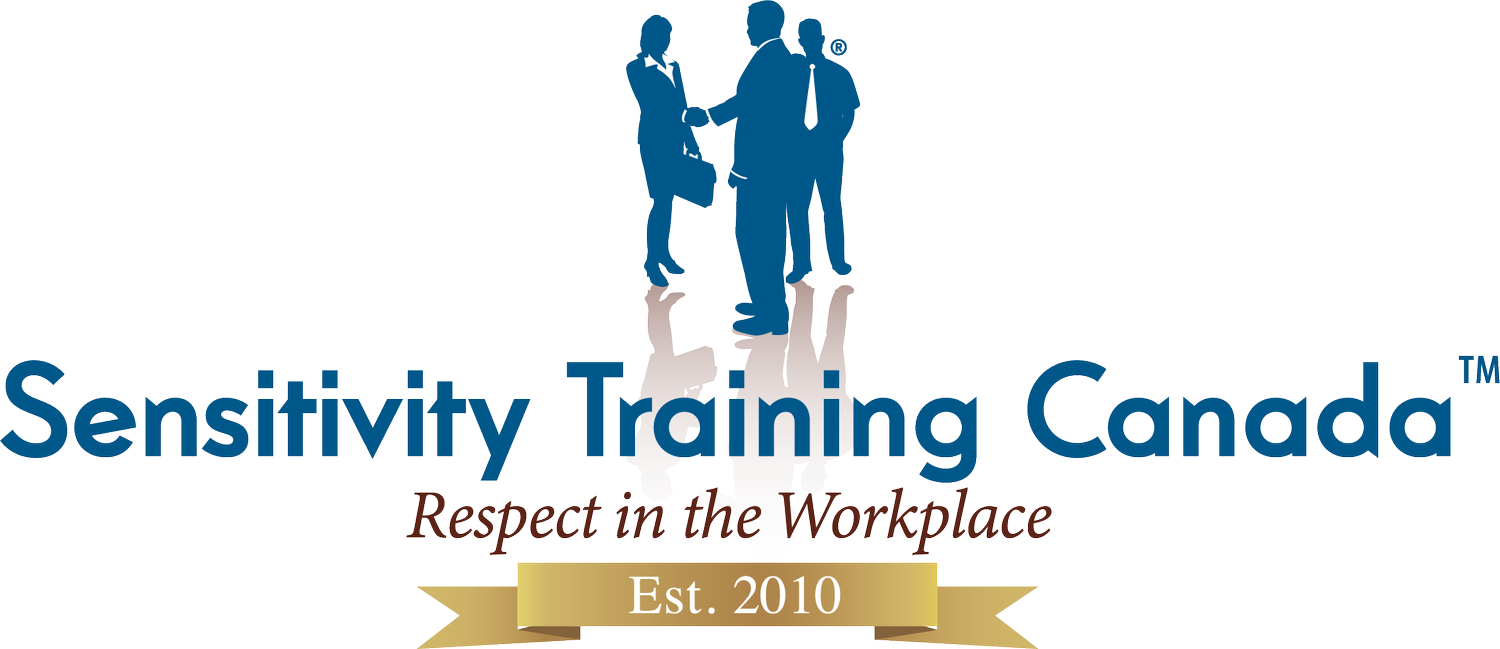From Conflict to Cooperation: Handling Inappropriate Interactions in Industrial Teams
In industrial settings, the pace is fast, the work is physical, and the stakes are high. Deadlines, fatigue, and the pressure to maintain output can sometimes create the perfect storm for tempers to flare or communication to break down. As leaders, it’s not enough to manage production, we must also manage behaviour.
Inappropriate interactions on the shop floor, whether they involve harsh language, bullying, or dismissive communication — don’t just harm morale. They pose a safety risk. When trust breaks down, so does teamwork. And when workers stop communicating respectfully, critical safety information can be lost in the noise.
Leaders in industrial environments have a unique responsibility: to balance accountability with empathy.
The best leaders act quickly, fairly, and calmly when tensions rise. They don’t look the other way or excuse disrespect as “just part of the job.” Instead, they set clear expectations that respect is non-negotiable for every shift, every worker, every day.
Practical steps include:
Holding private, respectful conversations with employees involved in conflict, not public reprimands.
Reinforcing behavioural expectations consistently through toolbox talks and pre-shift briefings.
Investing in Respectful Workplace, Anger Management, and Effective Communication training to build shared appropriate workplace language.
Modelling calm, professional responses under pressure, leaders set the tone for the crew.
In the industrial world, productivity and respect are not competing priorities; they are partners. A crew that feels valued will watch out for one another. That’s the foundation of both safety and success.
Great leadership is not only about meeting the quota. It’s about cultivating a team culture where people can work hard and feel human.
The Sensitivity Training Canada Team
